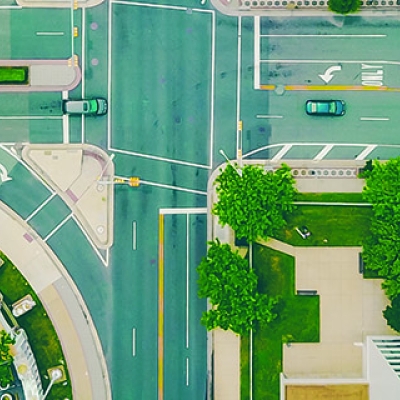
Best of 2020
By Jason Leppig / On December 9th, 2020
This holiday season might be the perfect time to consider Jólabókaflóð, the annual Icelandic book flood tradition. We have a few brand new books featured on best-of lists to get you started.
Get any of these books at your favorite neighborhood bookstore or from our website and take 25% off and get free shipping with code 2020 at checkout.










